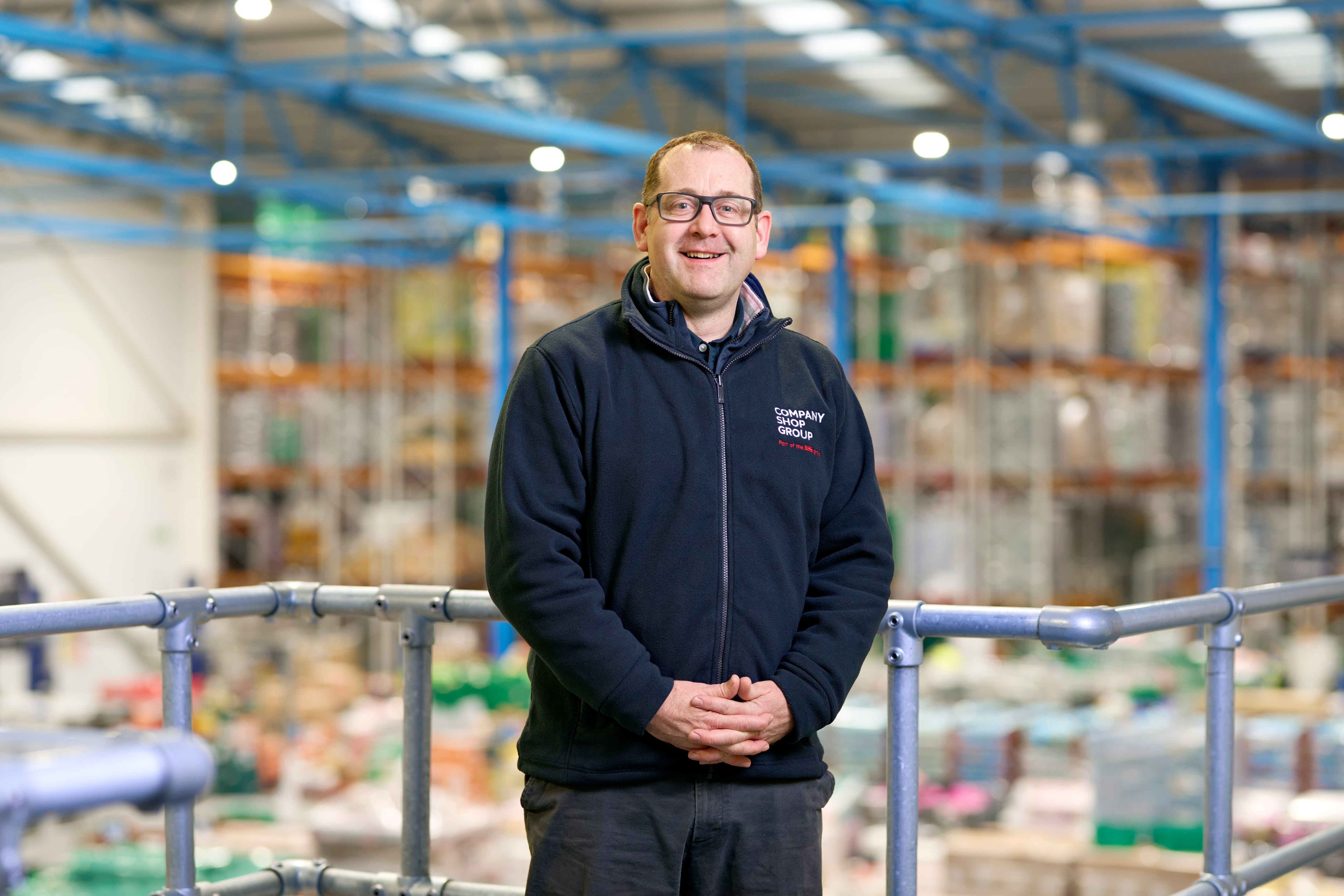Defra’s announcement of its 10-point food strategy is welcome news, particularly as it prioritises environmentally sustainable food supply and a reduction in food waste, yet the UK is still at real risk of falling short of international food waste targets, according to a stark warning issued recently by WRAP.
The global environmental action NGO revealed that the nation is veering off course in its efforts to meet UN Sustainability Development Goal 12.3, a global commitment requiring 50% reduction per capita in food waste by 2030.
To hit this international target, WRAP estimates our food waste levels need to fall by 36%. With just four and a half years to go, achieving meaningful, measurable and large-scale change will require increased cross-sector collaboration, policy intervention and public engagement. WRAP CEO, Catherine David, said of the latest data “this is a wakeup call that we all need to act” – and she couldn’t be more right.
Food waste remains a systemic issue here in the UK. Each year, we waste a staggering 10 million tonnes of food, resulting in around 25 million tonnes of greenhouse gas emissions. The global statistics are even more shocking, with food waste accounting for 8% to 10% of all greenhouse gases globally.
United through the UK Food and Drink Pact (formerly the Courtauld Commitment 2030), industry bodies and organisations, including Company Shop Group, have made significant strides in reducing waste and building a more sustainable, circular food system. Data from 2022 shines a light on this progress, citing 166,000 tonnes of surplus food redistributed across the UK, equating to over 396 million meals and a value of over £580 million.
Such efforts reflect growing commitment across the industry to align practices with the food waste hierarchy, a framework prioritising the most sustainable and efficient ways to manage food waste. Although food waste prevention at the source is preferable, redistribution is seen as the next best option, wherein surplus food is diverted to the people that need it most.
While important to recognise the progress that has been made to date - in light of WRAP’s latest figures, it’s crucial that we as an industry don’t become complacent but maintain momentum and accelerate our impact. It is also vital that government collaborates with industry to create a deliverable framework focused on environmentally sustainable food supply and food waste reduction. Now is the time to act, to go further, to go faster, and to do it together.
That’s why, as I mark my first 100 days as group managing director, we’re making a bold commitment: to double our surplus impact over the next five years, unlocking more value for our partners and delivering even greater value for people and planet.
Last year, we redistributed over 113 million surplus products, returning £49 million to our industry partners. We want to, and can do, more to increase this positive impact. Together we can stop more perfectly good products from going to waste, we can reduce even more CO2 emissions, and we can support significantly more people facing food insecurity. What’s more, every product Company Shop Group purchases from its partners gives money back to our industry, helping create a stronger, more resilient food system.
To get there, we’re investing in every part of Company Shop Group’s unique model.
We’re committed to reaching surplus higher up the supply chain and helping our partners align their activity with the food waste hierarchy, making good on our commitment that no good product ends up in landfill.
We’re working closely with our retailers, manufacturers and suppliers, as well as new partners, to collaborate on long-term solutions to their surplus challenges. This means taking the time to understand their operations and identifying where we can capture surplus stock earlier in the production process in order to maximise waste reduction.
We’re also investing in industry-first solutions and AI-driven technology to improve our own automation and efficiency. Through our recent partnership with Dexory, we’ve welcomed robots to our distribution centre, a move that has significantly improved our inventory accuracy and product flow.
And that’s just the start. We see investing in technology as key to advancing our industry partnerships, helping to unlock and deliver smart solutions at scale and offer an agile one-stop-shop that reduces waste, enhances environmental responsibility and delivers financial return.
As we double down on surplus impact to accelerate waste reduction, we’re also investing in our Company Shop ‘Surplus Supermarkets’ – to redistribute more surplus and help more qualifying members to save money on their shopping.
We also plan to double the impact of our Community Shop network, opening 14 new social supermarkets, powered by surplus, over the next five years. Located where community need is the greatest, these multi-functional spaces will crucially provide a hand-up, not a hand-out, to communities struggling as a result of social inequality.
As more and more businesses place sustainability and social impact at the heart of their ESG strategies, we see expanding our Community Shop footprint as a key step in building stronger individuals and more confident communities. Our model offers a way to deliver measurable, long-term impact that supports dignified food access to those that need it most, and our partners can play a critical role in advancing this mission.
Our five-year vision is bold, because it has to be – the UK must pick up pace to meet international food waste reduction targets before the window closes. The next four and a half years are therefore critical for the food waste landscape.
But within this challenge lies powerful opportunity. Now is the time for industry to act decisively and collectively.
As I look ahead to my next three months and beyond, I’m excited to build on the legacy that Company Shop Group has already established. We are ready to streamline collaboration with our partners, scale proven solutions, champion collective action to accelerate progress and support the UK food industry to lead the charge in reducing waste.




